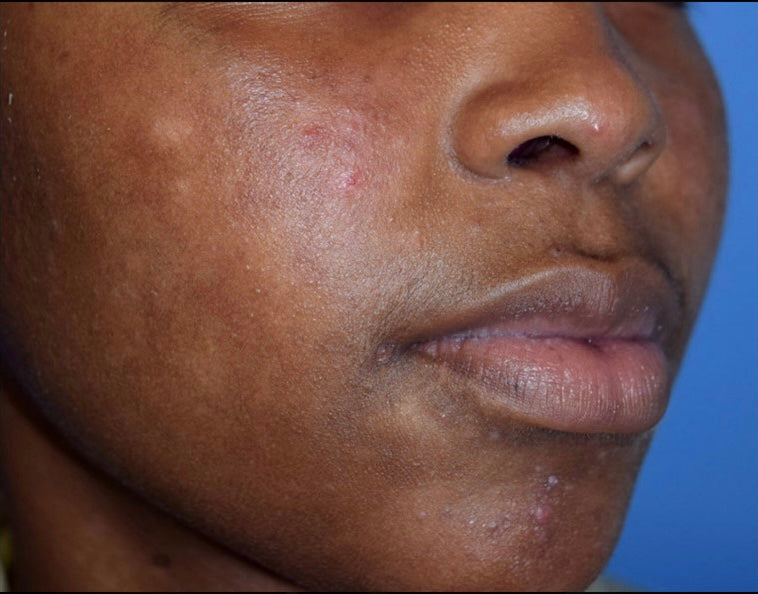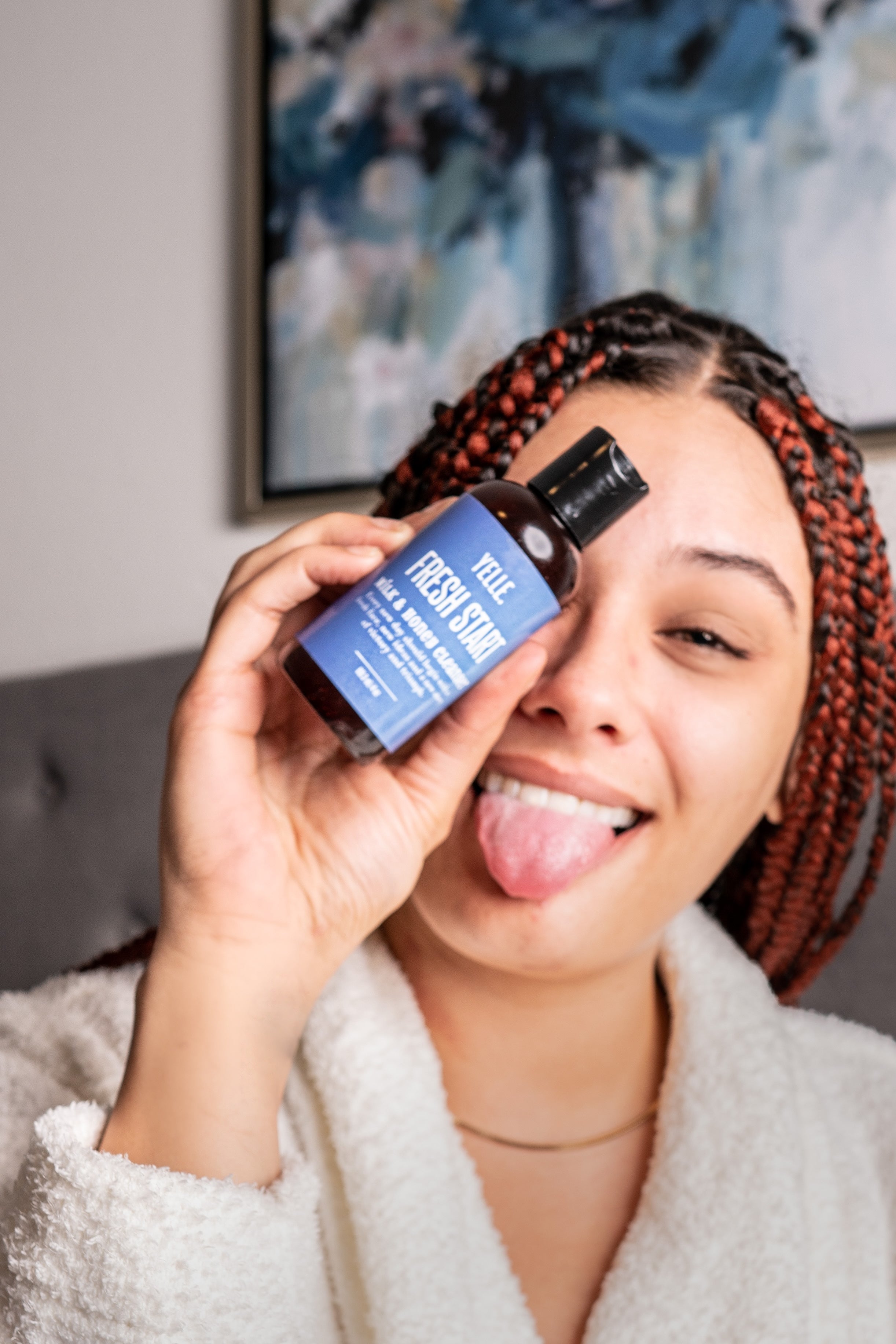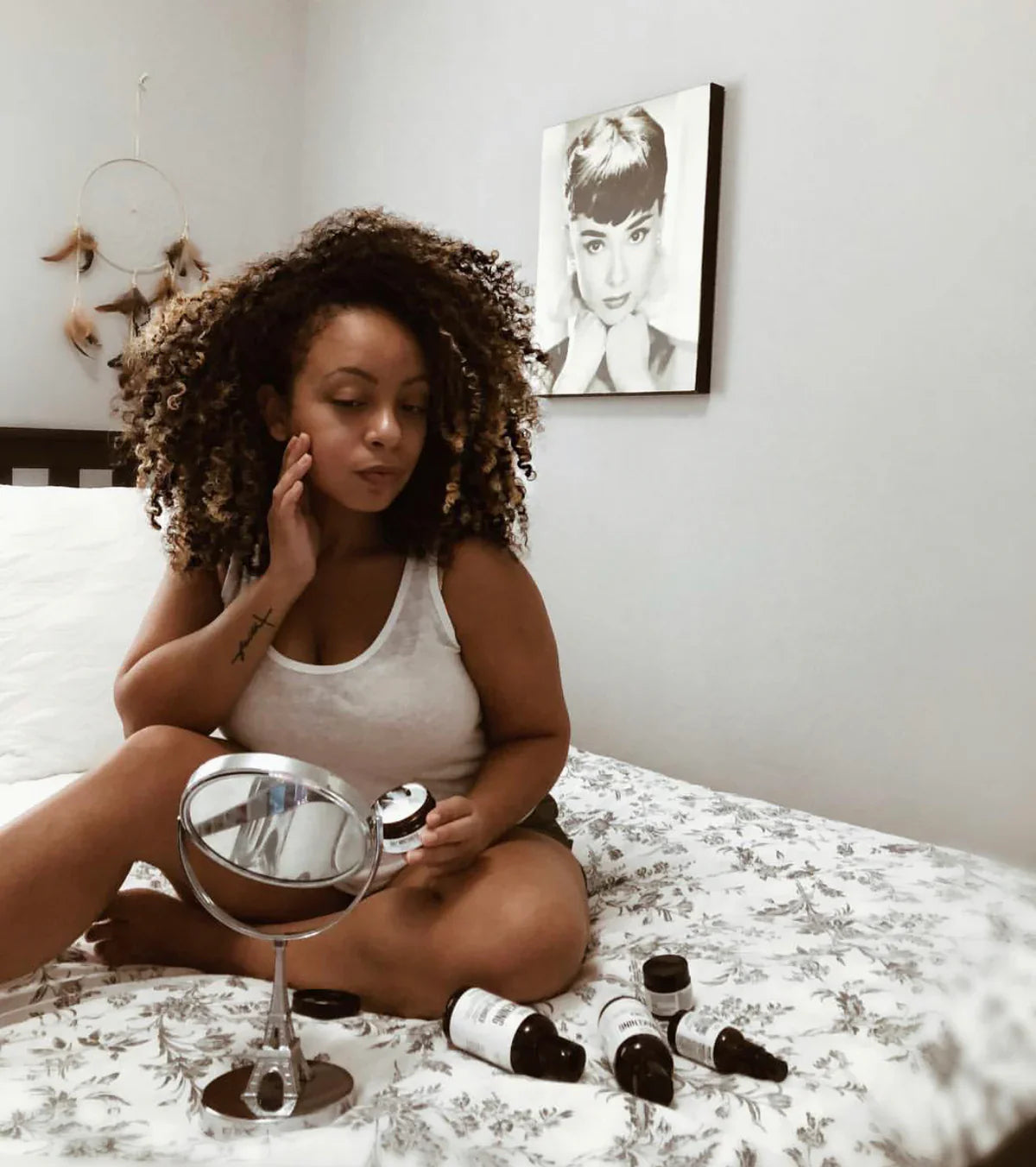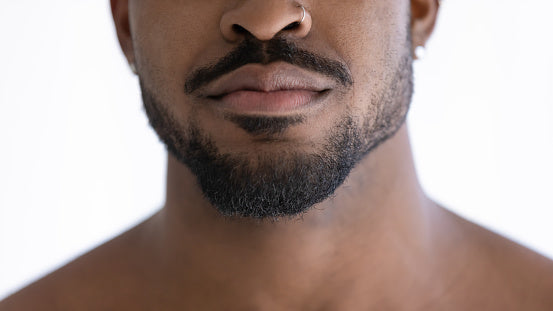Teen Skin: Understanding The Difference In Rosacea and Psoriasis

Rosacea and psoriasis are both common skin conditions that can cause some similar symptoms. It can be hard to know which one you have without talking to your doctor, but there are some key differences that can help you tell one from the other.
Rosacea and psoriasis are both lifelong conditions with symptoms that come and go. Most people have flare-ups and more mild periods called remissions.
Rosacea usually affects the skin at the center of your face, especially your cheeks, nose, and chin. Signs include:
- Flushness or redness
- Bumps and pimples
- The skin of the nose can get thicker.
- Stinging, burning, or tightness of skin
- Swelling
- Dry, rough, or scaly-feeling skin
Psoriasis, though, can happen anywhere on your body. But when it appears on your face, it’s usually in the eyebrows, around the nose, and at the top of the forehead in the hairline. The symptoms can look similar to rosacea:
- Red patches
- Dryness
- Itching or burning
- White bumps filled with pus
Triggers
Rosacea and psoriasis have some of the same triggers: stress, some medications, alcohol, changes in the weather, and for some people, allergies orr certain foods. Psoriasis can also be triggered by infections and skin injuries.
Doctors aren’t sure exactly why people get rosacea or psoriasis. But both conditions tend to run in families. Problems with the immune system lso seem to play a role.
Coping
On top of medical treatments, many lifestyle changes can ease symptoms of rosacea and psoriasis:




Comments